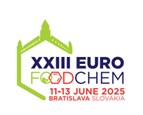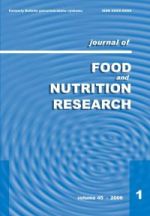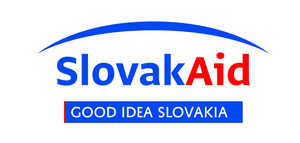Scientific journal
59 2020
Journal of Food and Nutrition Research
Summary No. 3 / 2020
Choi, M.-K. – Bae, Y.-J. – Kim, M.-H.
Nutritional evaluation of processed beverages sold in Korea focusing on calcium, potassium, magnesium and boron contents
Journal of Food and Nutrition Research, 59, 2020, No. 3, s. 233-240
Mi-Hyun Kim, Division of Food Science, Kongju National University, Daehak-ro 54, Yesan 32439, South Korea. E-mail: mhkim1129@kongju.ac.kr
Received 3 May 2020; 1st revised 16 June 2020; 2nd revised 21 June 2020; accepted 3 August 2020; published online 8 August 2020.
Summary: This study aimed at evaluation of the nutritional value of processed beverages commonly sold in Korea, focusing on calcium, potassium, magnesium and boron. The beverages collected (91 products sold in Korean retail stores) were classified into 12 types (fruit juices, fruit beverages, carbonated beverages, sports drinks, caffeinated beverages, alcoholic beverages, teas, natural mineral water, milks, fermented milks, soymilks and other mixed beverages) and concentration of calcium, potassium, magnesium and boron was analysed in them using inductively coupled plasma optical emission spectroscopy. Calcium concentration was highest at 993.8 mg·l-1 in fermented milks, followed by milks (599.9 mg·l-1). Potassium was highest at 1693.7 mg·l-1 in fermented milks, followed by soymilks (1613.7 mg·l-1). Magnesium was highest in soymilks (138.3 mg·l-1), followed by fermented milks (91.2 mg·l-1). Boron was highest at 1.7 mg·l-1 in soymilks, followed by fruit juices (1.3 mg·l-1). When the mineral concentration of the beverages was evaluated per one dollar and energy, similar results were obtained. Among the various beverage groups, dairy milks, soymilks and fruit juices had greater value in mineral nutrition in terms of concentration, cost effectiveness and nutritional density.
Keywords: beverage; calcium; potassium; magnesium; boron
Download:
(pdf, 243.52 Kb, 2638x)










